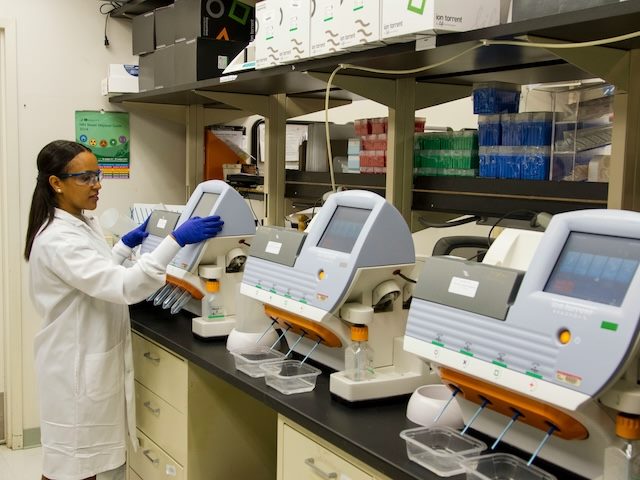As teams get to work on 2025 goals, generative AI will be brought up in countless meetings and presentation decks. But if teams are looking to innovate with AI, they should first understand what that means.
At the heart of innovation is not just a revolutionary breakthrough, but the ability to make positive change. With recent, incredible advancements in artificial intelligence, it can be easy to get distracted by shiny new tools and overlook the anticipated outcomes.
The introduction of ChatGPT in 2022 prompted enormous generative AI speculation and experimentation, but organizations continue to struggle to identify productive use cases. In the most successful applications, however, the key has been a focus on impact — whether it's improving service delivery, enabling individuals to accelerate mundane tasks to focus on what matters, or unlocking the value of large datasets that lead to new discoveries.
Generative AI in Action
Take, for example, chatbots with generative AI capabilities. Organizations like rideshare company Bolt have begun leveraging intelligent chatbots to manage tasks related to customer complaints. During peak hours, the company could experience a shortage of customer support agents, causing delays in customer service. Using chatbots in cases of low-level complaints allows the company to not only save resources but also increase consistency and availability of service, ultimately boosting customer satisfaction.
AI-powered coding assistants are also becoming more common, supporting development by enabling talented programmers to stay focused when they run into issues. Rather than having to troubleshoot via a search engine or other resources, programmers can enlist an LLM to complete the code for them. Additionally, those with less coding experience may benefit even more. A 2024 MIT study identified the increased productivity of developers who used AI-based coding assistants, with less experienced developers showing the highest adoption rates and productivity gains. While the research showed that advances in AI are still needed to improve these assistants’ performance, these helpers can still create more time for developers who would rather be innovating than resolving minor software issues.
One of the most exciting use cases of generative AI, however, lies in its ability to analyze data and unlock insights that were previously not accessible to humans. Scientists are using generative AI to predict drug interactions, repurpose existing drugs for new uses and even better personalize therapies for patients based on their unique clinical data. Researchers at Stanford Medicine and McMaster University are leveraging a new model to develop new antibiotics faster than ever before possible, by analyzing existing drug libraries and reviewing the 100 million known compounds most likely to act against a given pathogen. Those involved with the study admit that this is just scratching the surface.
Building an Engine of AI-Powered Innovation
These successful AI implementations — from improving customer service with AI-powered chatbots to accelerating scientific breakthroughs through data analysis — all share a common thread: a focus on achieving meaningful outcomes.
To truly leverage the power of AI for innovation, organizations must shift their focus beyond simply acquiring the latest technology. Instead, they need to cultivate a culture that prioritizes:
- Outcome-Driven AI: Define clear, measurable goals that align with your organization's mission. How can AI help you achieve these goals? What specific outcomes are you striving for?
- Continuous Learning and Adaptation: The field of AI is constantly evolving. Encourage experimentation, learn from successes and failures and continuously refine your approach to AI implementation.
- Empowering Human Potential: Don’t forget about investing in people. Provide them with the training, resources and support they need to effectively utilize AI tools and contribute to innovative solutions.
- Ethical AI Development and Deployment: Prioritize fairness, transparency and accountability in all AI initiatives. Ensure that AI is used responsibly and ethically to benefit society.
By embracing these principles, organizations can build a robust foundation for AI-powered innovation — one that delivers real-world value and creates a positive impact on the world.
Read more about navigating AI's impact on the workplace:
- Who's Responsible for Responsible AI? – Responsible AI frameworks will inevitably evolve, but you can start building the foundation today that sets your business — and employees — up for success.
- Round Pegs and Square Holes: Why AI Adoption Requires a Focus on Culture — AI’s impact isn't inherent in the technology itself but in how it is deployed. Will it be a means to cut corners, or a catalyst for growth and innovation?
- Leadership at the Crossroads: Thriving Through Change in 2025 — The pressure to invest in technological innovations might lead you to believe it should come at the expense of workforce investments. That's a false dichotomy.
Learn how you can join our contributor community.
